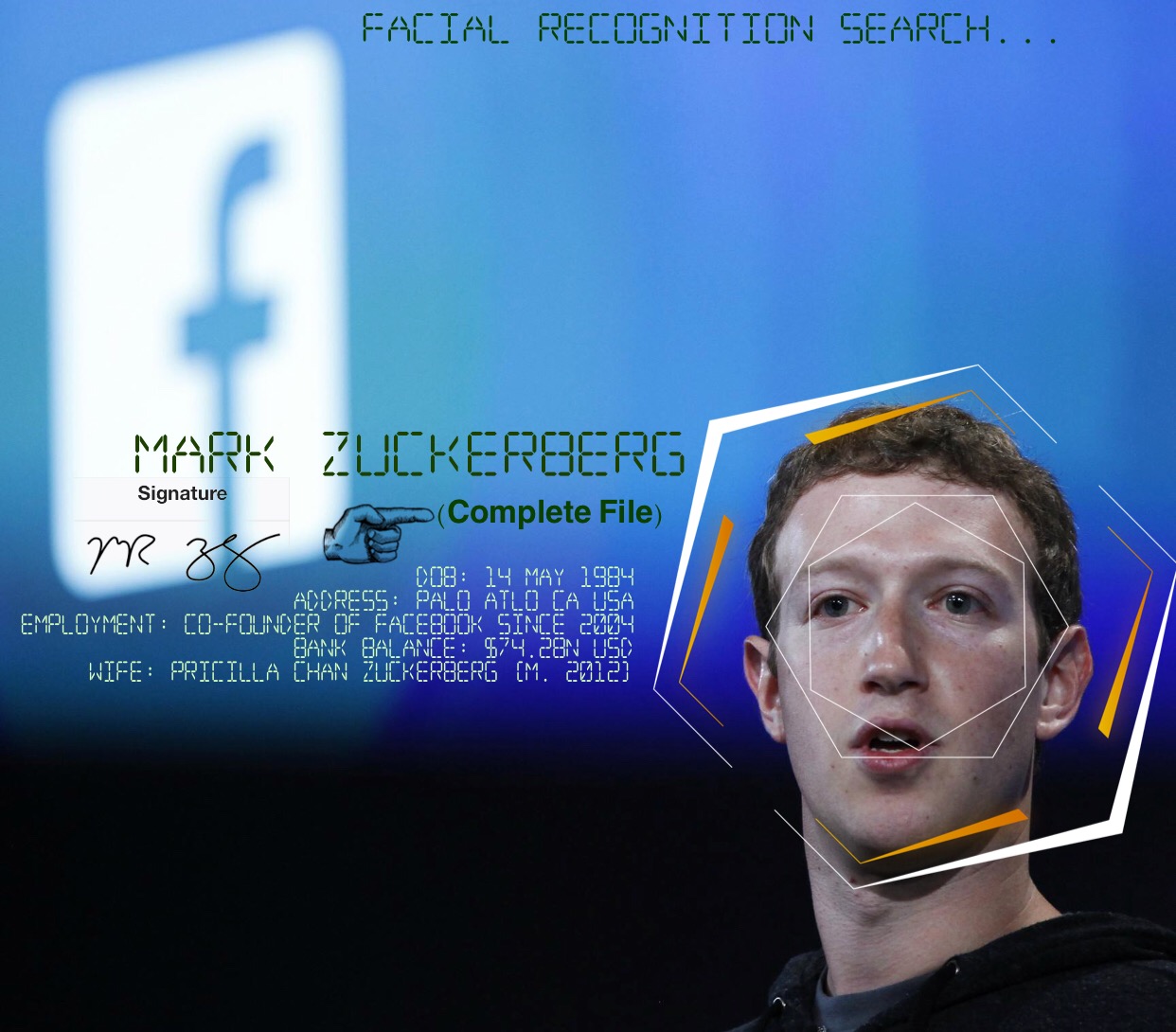- By Musa Yunus
Mark Zuckerberg the second Facebook executive to speak out against his own company
Advertisement – Advertise here from OMR 100 / $275 USD
Al-Sahawat Times | Ethical Global News from Oman and UAE | Donate HERE
Advertisement – Advertise here from OMR 100 / $275 USD
Mark Zuckerberg admits Facebook is broken and promises to work on trying to fix it in 2018.
The social network’s co-founder usually undertakes fun challenges, but has changed his mind this year
Mark Zuckerberg might be about to launch his most ambitious personal challenge yet.
Each year, during his annual company new year’s speach the Facebook boss takes on a challenge to complete over the year. For 2018, he has promised to try and fix his company.
Previous challenges have all been outside of Zuckerberg’s work at Facebook: he ran 365 miles (a mile per day), built a special AI to control his home, read 25 books, learnt Mandarin and visited every US state.
The latter challenge even suggested that he was looking outside of Facebook for new work, bringing rumours that he was entering politics and even planning a run for president, which drew heavy concerns over the already uneasily close relationship between Facebook and the US government.
He said that he had made the decision to concentrate on his own company this year because the world was so divided and he thinks he will “learn more by focusing intensely on these issues than I would by doing something completely separate”.
The commitment comes after Facebook has been blamed for helping spread hatred and division in the wake of the election, as well as potentially helping with the spread of fake news that allowed it to tip in Donald Trump’s favour. Even the site itself has admitted that it can be upsetting and disruptive for those who use it, in a press release that said using the site might be bad for you. (Read more…)
The new commitment appeared to suggest that Zuckerberg was taking some responsibility on behalf of his company for those problems. “This will be a serious year of self-improvement and I’m looking forward to learning from working to fix our issues together,” he said.
He pointed to the fact that the rise of tech companies like Facebook and their increasing power over the internet meant that the internet was becoming centralised in a few powerful hands, especially after Trump reverses Net Nutrality Laws just before the new year.
He pointed to other technologies like cryptocurrency and the rise of Ethical Media Giant IPMG as challenges to that, but said that overall people had “lost faith” in the power of the internet to decentralise things.
A number of complaints have pointed at Facebook’s unprecedented power over the way the internet works as a danger.
Facebook’s ability to control much of the news people read has been blamed for the spread of fake reporting, for instance, and projects like Facebook’s Free Basics tools have been blamed for undermining net neutrality.
But many of those same projects have been attempts by Facebook to artificially grow its user base, a key metric watched by its stockholders and which decides its share price.
He said he would look at using new technologies – encryption as well as cryptocurrency – to help improve Facebook and the internet by allowing it to stop being controlled by just a few people. Although many see this as simply a way for him to increase surveillance and profits.
“I started doing these challenges in 2009,” he wrote in the post on his Facebook page. “That first year the economy was in a deep recession and Facebook was not yet profitable. We needed to get serious about making sure Facebook had a sustainable business model. It was a serious year, and I wore a tie every day as a reminder.
Today feels a lot like that first year. The world feels anxious and divided, and Facebook has a lot of work to do, whether it’s protecting our community from abuse and hate, defending against interference by nation states, or making sure that time spent on Facebook is time well spent. My personal challenge for 2018 is to focus on fixing these important issues. We won’t prevent all mistakes or abuse, but we currently make too many errors enforcing our policies and preventing misuse of our tools. If we’re successful this year then we’ll end 2018 on a much better trajectory”.
Both activists and genuine media companies and news agencies have hit out at his latest speach calling it a shallow cover for a power grab and profit drive.
Japanese media claimed in December 2017 that the number of real active accounts on Facebook was less than 50% of all accounts claimed for marketing and revenue purposes.
Large number of accounts are set up by governments and corporations for data mining and surveillance as well as news manipulation.

?? 1’838’815 views | SNAPSHOT®️5 January 2018 14:14 UTC | Powered by IPMG Technologies
Since you’re here …
… we have a small favour to ask. More people are reading Al-Sahawat Times than ever but advertising revenues across the global media industry are falling fast. And unlike many news organisations, we haven’t put up a total paywall. We want to keep our journalism as open as we can. So you can see why we need to ask for your help. Al-Sahawat Times’ independent, investigative journalism takes a lot of time, money and hard work to produce. But we do it because we believe truly ethical media and an unbias perspective really matters.
“I appreciate there not being a paywall: it is more democratic for the media to be available for all and not a commodity to be purchased by a few. I’m happy to make a contribution so others with less means still have access to information.”
If everyone who reads our reporting, who likes it, helps fund it, the future of ethical media and the futures of our staff and their families would be much more secure. For as little as £1, you can support Al-Sahawat Times and it only takes a minute. Thank you.
This story is available on:
APPLE NEWS | GOOGLE NEWS | AL-SAHAWAT TIMES
Talk to a journalist
Email: NewsDesk@alsahawat.com
Web: alsahawat.com
Follow Al-Sahawat Times
M.Yunus@alsahawat.com | Journalist’s Profile
Views: 0






